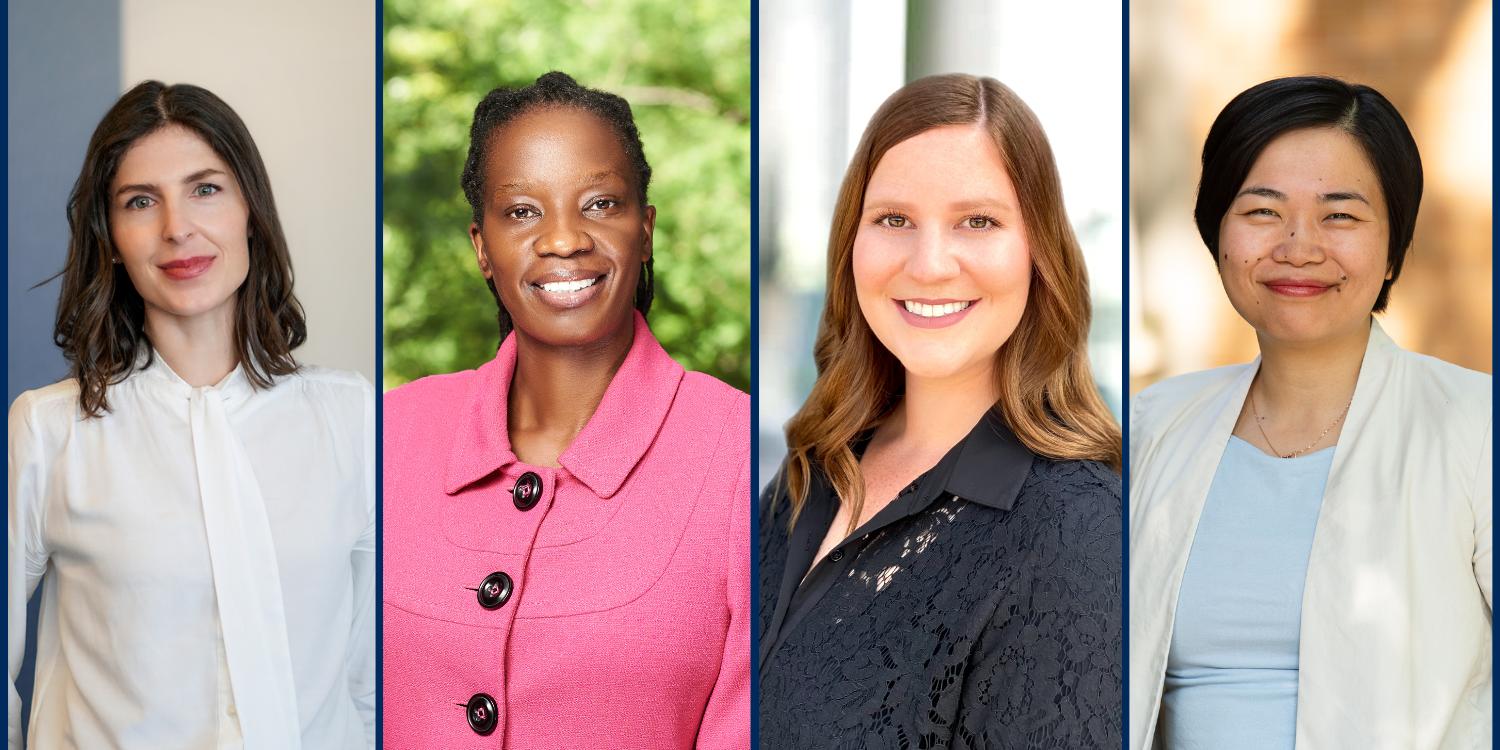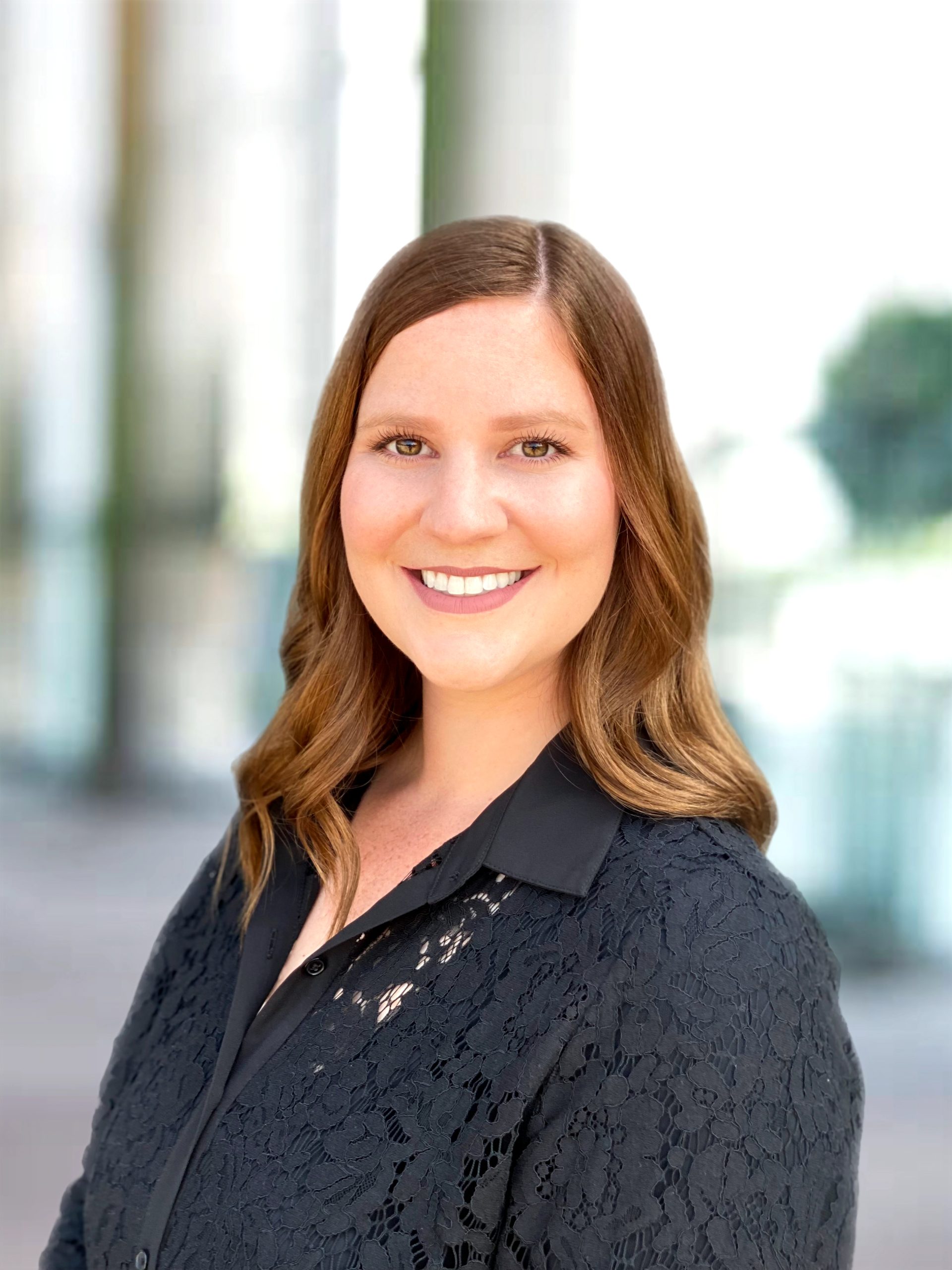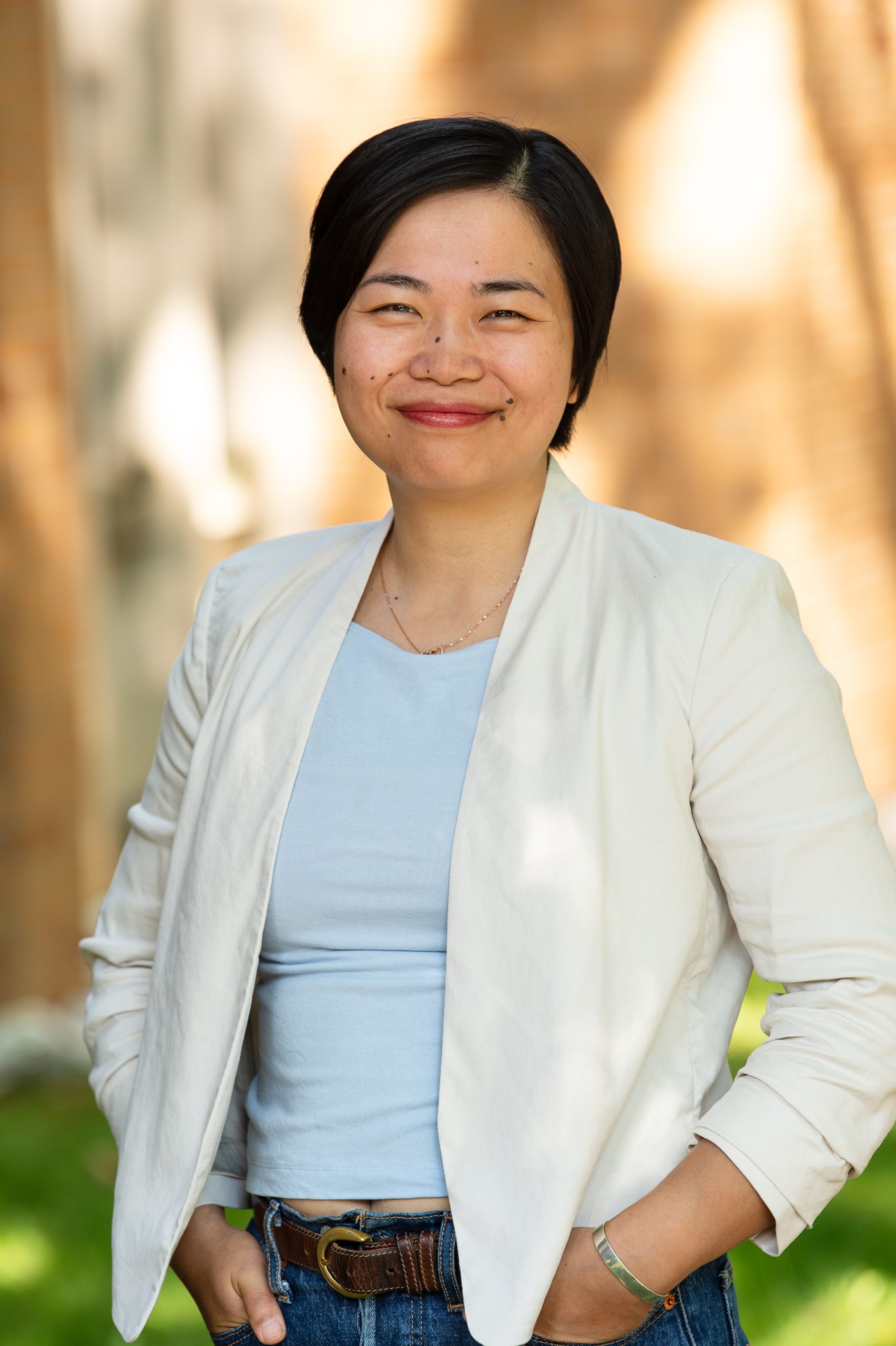Four DLSPH Students Awarded 2024 Health System Impact Fellowships
December 10/2024
Meet the DLSPH students who will receive the prestigious 2024 Health System Impact Fellowships from CIHR.
By Ishani Nath

Kimberly Harding, Prossy Kiddu Namyalo, Jianna Quickstad and Jane Zhao received 2024 Health System Impact Fellowships
The Health System Impact Fellowship, funded by Canadian Institutes of Health Research (CIHR), offers PhD trainees, postdoctoral researchers and early career researchers the valuable opportunity to gain hands-on experience in health system organizations. This year, four students from DLSPH have been selected for this prestigious fellowship.
Kimberly Harding, Prossy Kiddu Namyalo, Jianna Quickstad and Jane Zhao were awarded 2024 Health System Impact Fellowships. These fellowships provide mentorship and embedded research opportunities, allowing researchers to see firsthand how health system organizations work and develop the skills and networks to create an impact.
We spoke with the DLSPH recipients to learn more about how the Health System Impact Fellowship will impact their work.
Kimberly Harding

Kimberly Harding
Program: Doctor of Public Health, DLSPH
Supervisor: Prof. Erica Di Ruggiero
“CIHR’s Health System Impact program and the creation of the Doctor of Public Health program at DLSPH – which I am a fourth-year student in – means there is increasing recognition of the importance of applied public health research and building capacity beyond research skills to better equip health system leaders to advance equitable change,” says Kimberly Harding.
Her doctoral research focuses on ways to improve our understanding of how public health chronic disease prevention programs perform in Ontario – work she will build on through her fellowship. She adds that being embedded in Public Health Ontario, and working in close collaboration with health units, means that what is developed through this fellowship and through her research has greater potential for being applied and sustained.
Prossy Kiddu Namyalo

Prossy Kiddu Namyalo
Program: Health System Research, IHPME
Supervisors: Prof. Lisa Forman and Prof. Beverley Essue
Prossy Kiddu Namyalo was “overwhelmed with joy” when she received the Health System Impact Fellowship. The fellowship is not only a financial boon, but also enables Namyalo, who is an international student, to develop professional experience and skills in the Canadian health system.
“Through the fellowship, I hope to contribute to evidence-informed health system improvement and advance learning health systems in Ontario and across Canada,” says Namyalo. “My fellowship research focuses on HIV and people who use drugs, giving me a chance to advance the health system priorities with evidence-participatory research as we are nearing the deadline for the UNAIDS 95-95-95 target.”
Jianna Quickstad

Jianna Quickstad
Program: Social and Behavioural Health Sciences, Dalla Lana School of Public Health
Supervisor: Prof. Erica Di Ruggiero
Jianna Quickstad’s research evaluates the implementation processes of a peer education vaping intervention in Alberta schools to understand the barriers and enablers to implementation and to support intervention improvement. She says receiving the Health System Impact Fellowship validated the importance of this research and her competency as a researcher.
“This fellowship will help me meet my responsibility as a DLSPH student to meaningfully collaborate with research partners to produce impactful findings to improve the health system,” says Quickstad, who is working towards becoming a health promotion leader who advocates for policies and programs that support wellness and health equity. “Being awarded this fellowship is a testament to the incredible support I have received in DLSPH from my supervisor Prof. Erica Di Ruggiero and committee members Prof. Amaya Perez-Brumer and Prof. Kate Mulligan.”
Jane Zhao

Jane Zhao (Photo: Lisa Sakulensky)
Program: Health System Research, IHPME
Supervisor: Prof. Andrew Pinto and Prof. Sara Allin
For fourth year PhD student Jane Zhao, receiving the Health System Impact Fellowship is a credit to her work and the training she’s received at DLSPH. “Receiving this fellowship affirms the high caliber of training we’ve received as DLSPH students from coursework to gain content expertise to external opportunities to receive additional training,” says Zhao.
Zhao’s research focuses on the ways primary care is organized, and she hopes to eventually become an embedded scientist in a primary care organization.
“As an aspiring primary care researcher, this fellowship allows me the opportunity to gain experience as an embedded scientist in a primary care organization I had only admired from the outside before,” says Zhao. “It’s also important because it allows me to gain firsthand experience to what my career would look like post-PhD.”